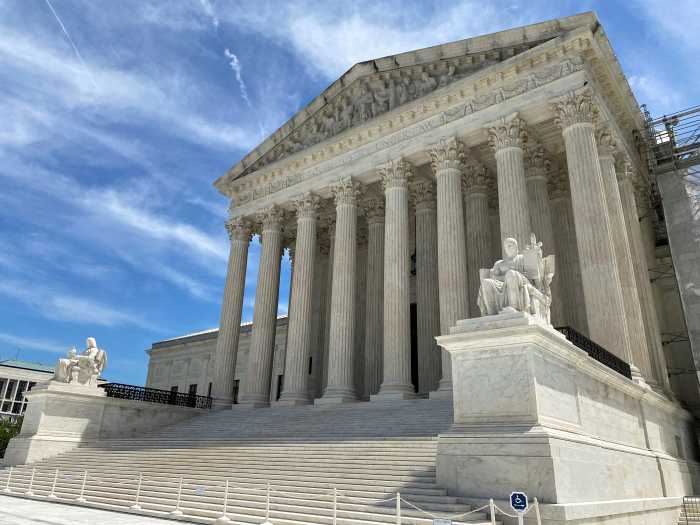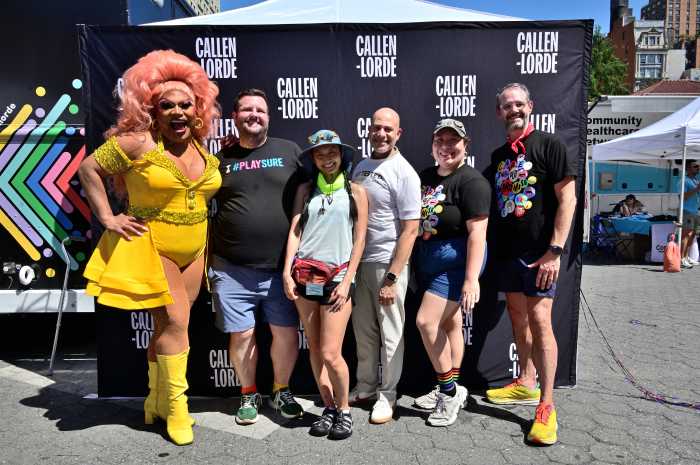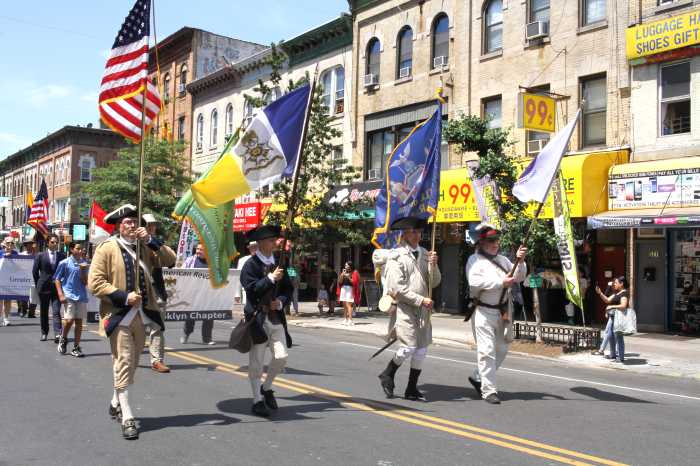Judge Thomas Scuccimarra of the New York Court of Claims has ruled that the State Division of Human Rights defamed Avril Nolan, a model whose photograph the Division purchased from Getty Images to use in advertisements informing the public that discrimination against people with HIV is unlawful in New York.
Scuccimarra’s ruling in Nolan v. State of New York, reported on October 27 in the New York Law Journal, was the second win for Nolan, who had also sued Getty Images in State Supreme Court and won a ruling on March 6, 2014, from Justice Anil C. Singh, refusing to dismiss her complaint against Getty for selling her photograph without her permission.
According to Nolan’s complaint against the State Division, she allowed photographer Jena Cumbo to take her picture in 2011 for use in a feature on New Yorkers interested in music for an online publication, Soma Magazine. Nolan did not sign a model release, did not specifically authorize any other use of the photograph, and was not paid for it. Cumbo sold the photograph to Getty Images, which in turn licensed it to the State Division of Human Rights. The advertisement appeared in April 2013 in print editions of Newsday, Metro, and AM New York, and was also published on several online sites. Next to Nolan’s photo were the captions “I AM POSITIVE (+)” and “I HAVE RIGHTS.” The clear implication, alleged Nolan, was that she is HIV-positive when in fact she is not.
Unpaid model prevails in case about state using her image in AIDS public service announcement
The lawsuit against Getty Images was based on the state’s privacy statute, which forbids publication of a person’s image without their written consent for advertising or trade usage. Getty argued that since the Division of Human Rights is a government agency and the ad was not intended to sell goods or services, Getty should not be held liable. This argument was unsuccessful before Justice Singh because Getty purchased the photo in order to license its use for a fee.
Nolan’s lawsuit against the Division of Human Rights relied on the privacy statute as well, pointed out that the Division made no effort to determine whether Nolan had authorized the use of her photograph in its campaign, and further claimed that the anti-discrimination advertisement, by implicitly labeling her HIV-positive, can be presumed to have caused her actual monetary as well as reputational injury.
Judge Scuccimarra agreed with Nolan that falsely labeling somebody HIV-positive would be considered “per se” defamation under New York law, presumed to cause actual injury beyond harm to their reputation. This conclusion was important since Nolan did not allege specific economic injury from the ads, which were quickly withdrawn when she complained to the Division of Human Rights.
Scuccimarra characterized this issue as a “thorny” one given “shifting attitudes” in society. The “per se” defamation category has traditionally included falsely stating that somebody is afflicted with a “loathsome” disease that “arouses some intense disgust in society.” The attorney representing the state argued there is no New York precedent holding that HIV/ AIDS is such a “loathsome” disease. Scuccimarra seemed reluctant to characterize it that way either, but he did note continuing prejudice as justification for including HIV/ AIDS within this category. “Viewed under the current societal lenses,” he wrote, “the asserted defamatory content here, that Ms. Nolan is presently diagnosed as HIV-positive, from the perspective of the average person, clearly subjects her to public contempt, ridicule, aversion, or disgrace and constitutes defamation per se.”
Scuccimarra concluded that it was of “no moment” that the photo was used in a public service ad rather than a commercial ad given that Nolan’s lawsuit was based on civil rights law’s privacy provision. The next step in this case will be a hearing on damages. Nolan’s attorney, Erin Lloyd of the firm of Lloyd Patel, told the Law Journal they hoped the case could be resolved without the need for lengthy litigation over damages.



































